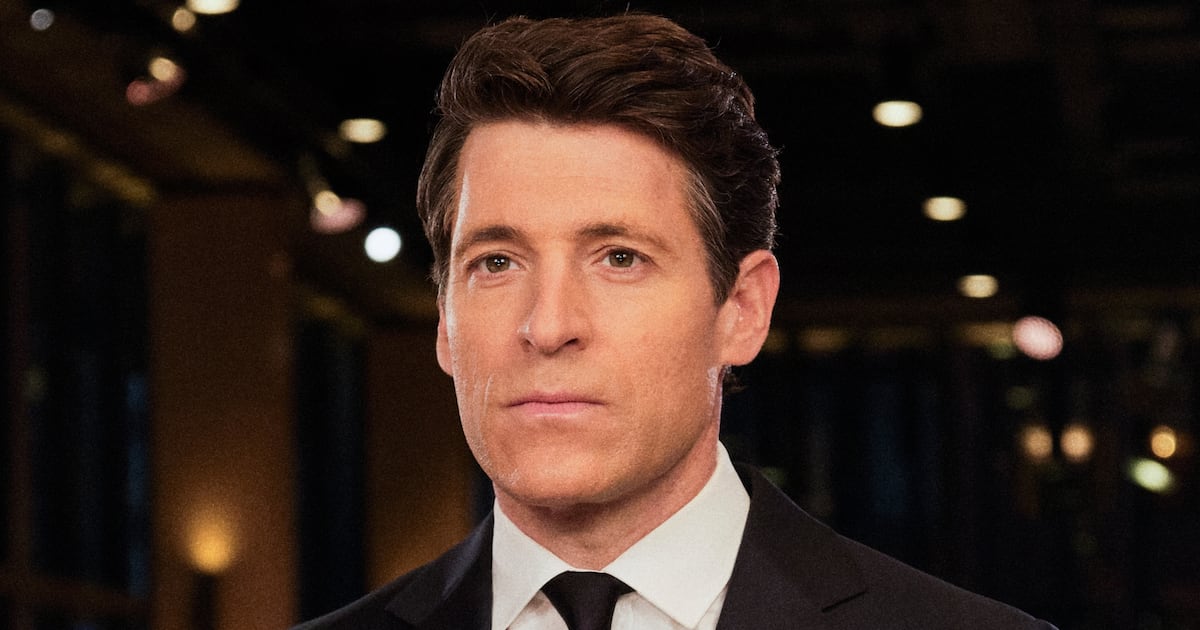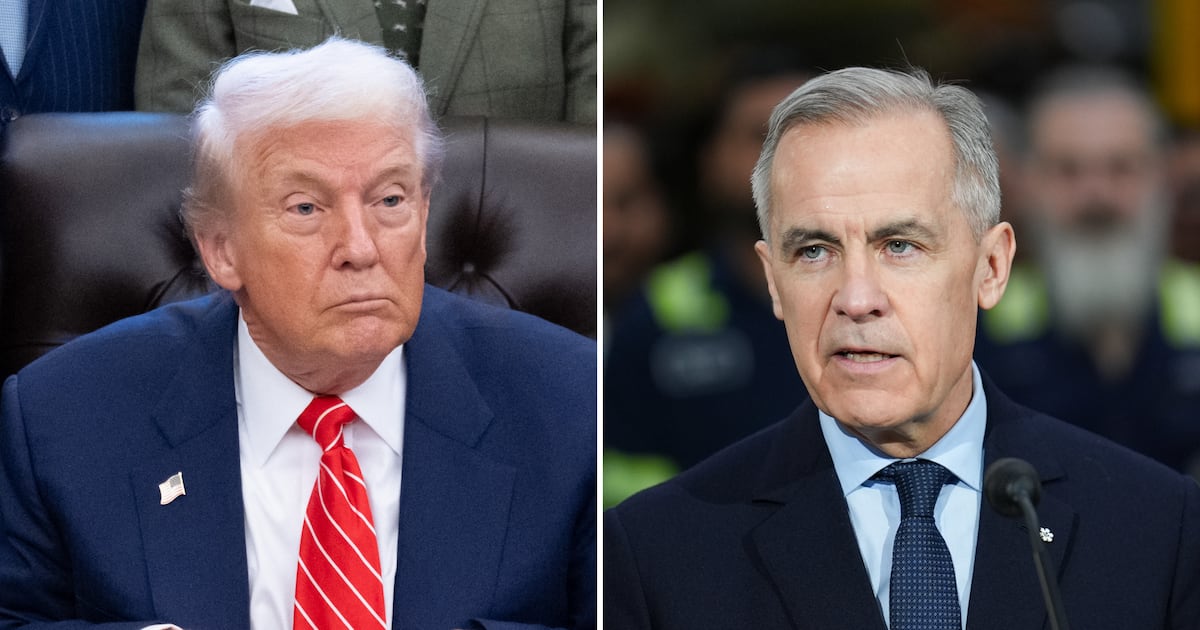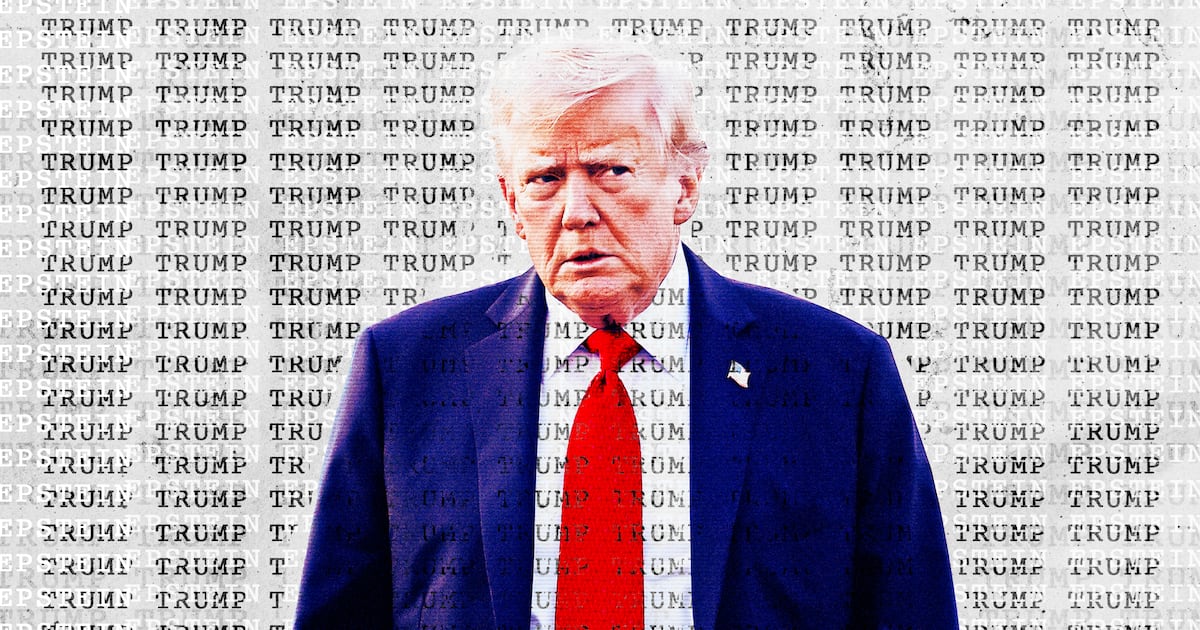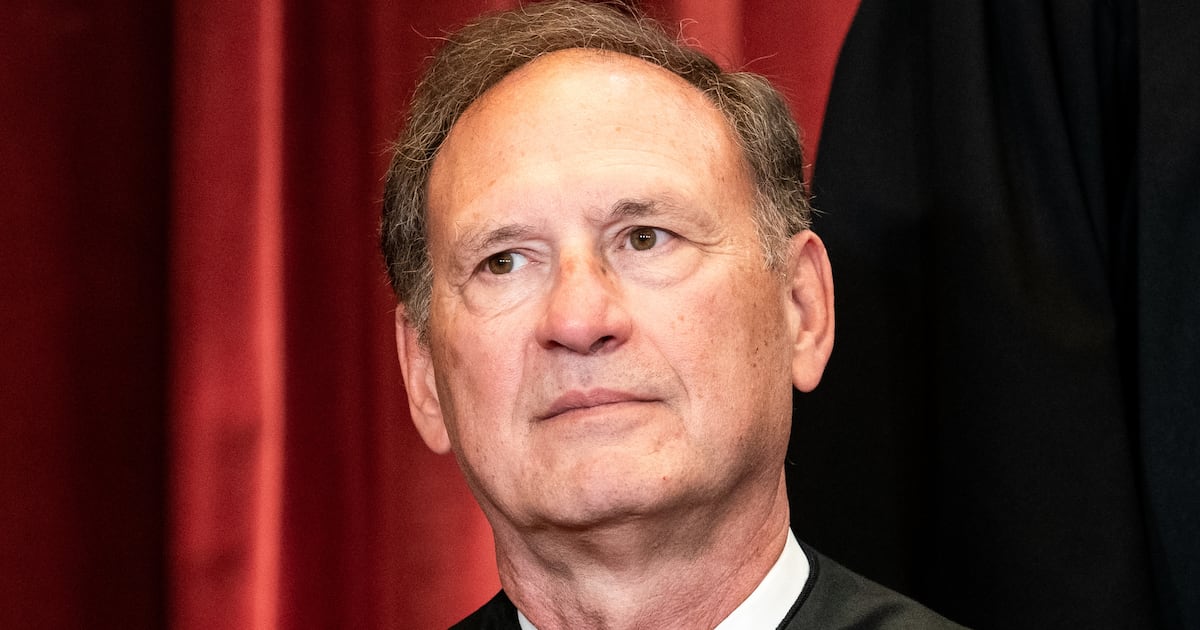Public discourse has degenerated into a shouting match. Everything is either black or white. Is our only choice inept big government or no government? How about government that aspires to be practical and responsive?
The internet hasn’t helped the quality of the debate. In echo chambers, people strive to outdo each other with bile and contempt. There’s a kind of pleasure in hating the other side, William Hazlitt observed. What many say in this anonymous arena is savagery, not civilized discourse.
How can our political system possibly deal with modern challenges when we can’t even talk about them sensibly? That’s what Mark Thompson asks in his new book, Enough Said. Thompson, the CEO of The New York Times and former director-general of the BBC, dissects the degeneration of discourse over recent decades. We are now at a point in politics, he explains, where reality has lost its authority: Facts are considered a matter of opinion.
Debate untethered from facts can lead anywhere. People who believe vaccinations cause autism can cause a resurgence of diseases that we thought we had conquered long ago. People who deny evidence linking global warming to carbon emissions won’t even consider a moderate plan to wean ourselves away.
Thompson’s book, which grew out of a series of lectures at Oxford, is a primer on the history of public discourse, starting with the ancient Greeks. Exaggeration was always a feature of public persuasion. Demagogues always spew hatred at some group or the other. Thompson dissects Donald Trump’s language and demonstrates how his short, confident, repetitive assertions attract so many voters. He also explains how a sense of victimhood—for example, the screaming over Halloween costumes at Yale—leads the people who feel oppressed to become “would-be oppressors.”
Words matter. A functioning democracy requires a public narrative that acknowledges different points of view, and encourages practical compromises. Words can inspire as well as destroy: “The right words at the right time,” political strategist Frank Luntz observed, “can literally change history.” Winston Churchill and FDR come to mind.
How can public discourse be brought closer to reality? Thompson describes different approaches through history, such as Thomas Hobbes’s idea to punish seditious speech, which, of course, can quickly lead to censorship of legitimate speech. Thompson himself doesn’t offer an answer, other than to “use your own good judgment.”
But Thompson gives up too quickly, I think. Throughout the book, he offers clues to a more concrete solution. The decline in reasonable discourse, he observes, is associated with a general suspicion of all authority. Pause here. Extreme or counter-factual rhetoric is harmless noise if decision-makers have the authority to ignore it and act on their best judgment. But the breakdown of authority means there’s no cost to being unreasonable. College students who shout down speakers they disagree with are not suspended or sanctioned. Hey, let’s have some fun, and use macro-aggression to give vent to our theories of micro-aggression!
Authority has gravitational power. For good or ill, authority pulls people to say what they think the decision-maker wants. The prospect of appearing before a judge is what makes litigants finally come to their senses. The presence of a judge is what keeps lawyers in the realm of reality. Heaven help the lawyer who misrepresents facts. Judges don’t like to be fooled.
Debates over public policy might also be grounded in reality if there was the prospect that an official was about to make the decision based on her considered judgment of what is in the public interest.
Public discourse is a cacophony because the words don’t matter. There’s no decision-maker to persuade or to hold you accountable. The disappearance of authority was no accident. After the 1960s, we reorganized government to avoid fallible human judgment by replacing human authority with thick rulebooks. That’s why government is a tangle of red tape where no one can do much of anything. Critical infrastructure projects languish on drawing boards because no official has authority to give a permit. Schools are chaotic because teachers must prove in a due process hearing that Johnny threw the punch. In government without human authority, irresponsible actions have few consequences, and irresponsible words have no consequences. Yell, hiss, lie… whatever.
Rational public discourse will start to re-appear, almost instantly, when an official is given back the authority to act on her best judgment. Thompson sees the link between discourse and bureaucracy: “The culture of compliance is a false god,” Thompson notes, “a failed rationalist attempt to turn…human qualities of honesty, integrity and trust into a regulatory algorithm. Abandon it. Start from scratch. Fit your rules around…the reality that trust is central to all our affairs.”
There is a solution here. Restoring healthy democratic debate requires a healthy democratic structure. American public discourse has degenerated into a free-for-all because there’s no cost to being unreasonable. People will have an incentive to be reasonable only when officials have room to act on this question: What’s the right thing to do here?
But what if the official is mean or venal or stupid? Distrust rears its ugly head again, proving, I guess, that humans have a weakness for seeing things as black or white. But trust is not abdication. There’s no need to trust the particular teacher, or inspector, or environmental official. The trust that’s needed is trust in a hierarchical system enclosed by the rule of law.
A crowded society requires traffic cops. Otherwise we get gridlock, with everyone honking their horns and going nowhere.






